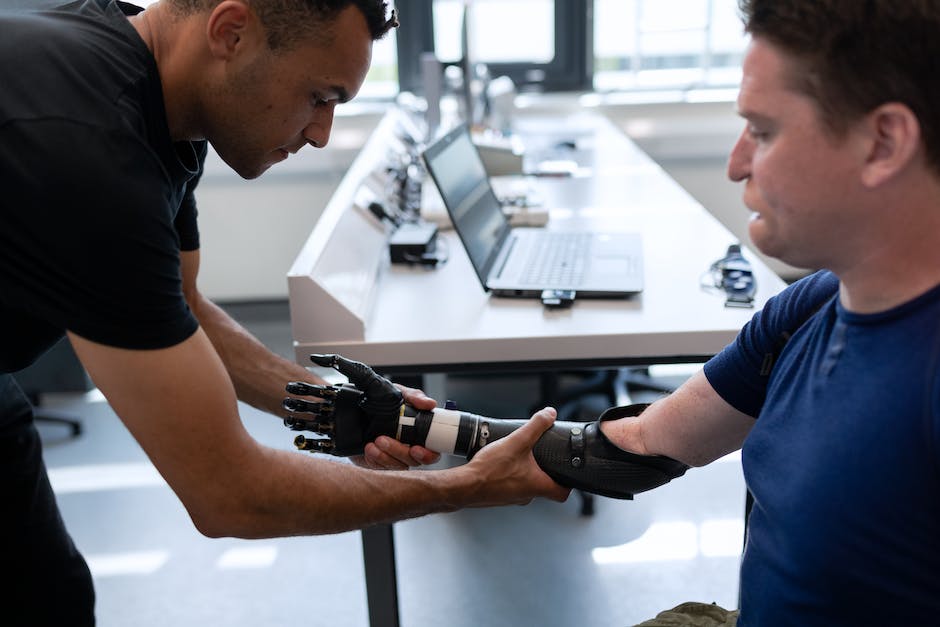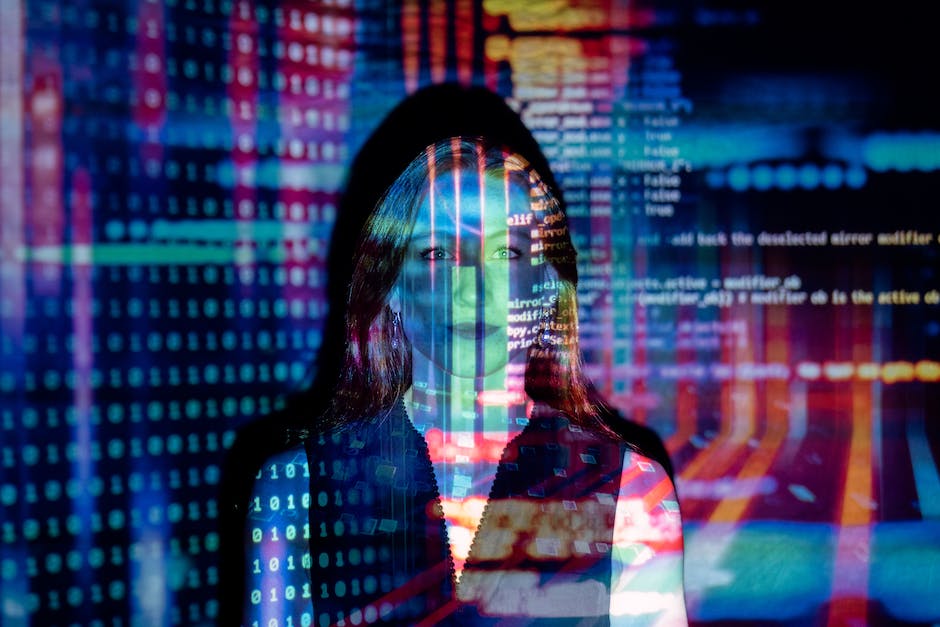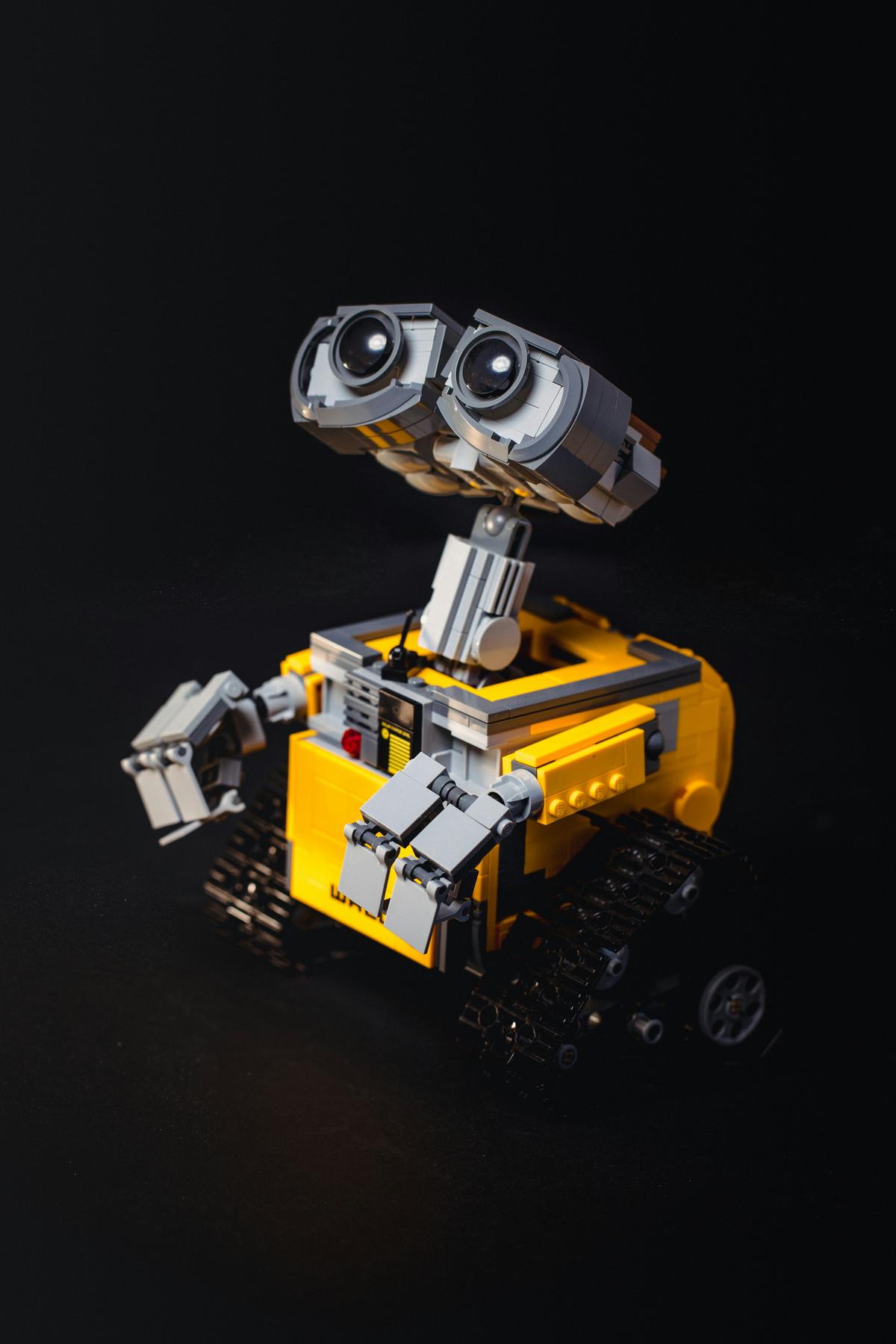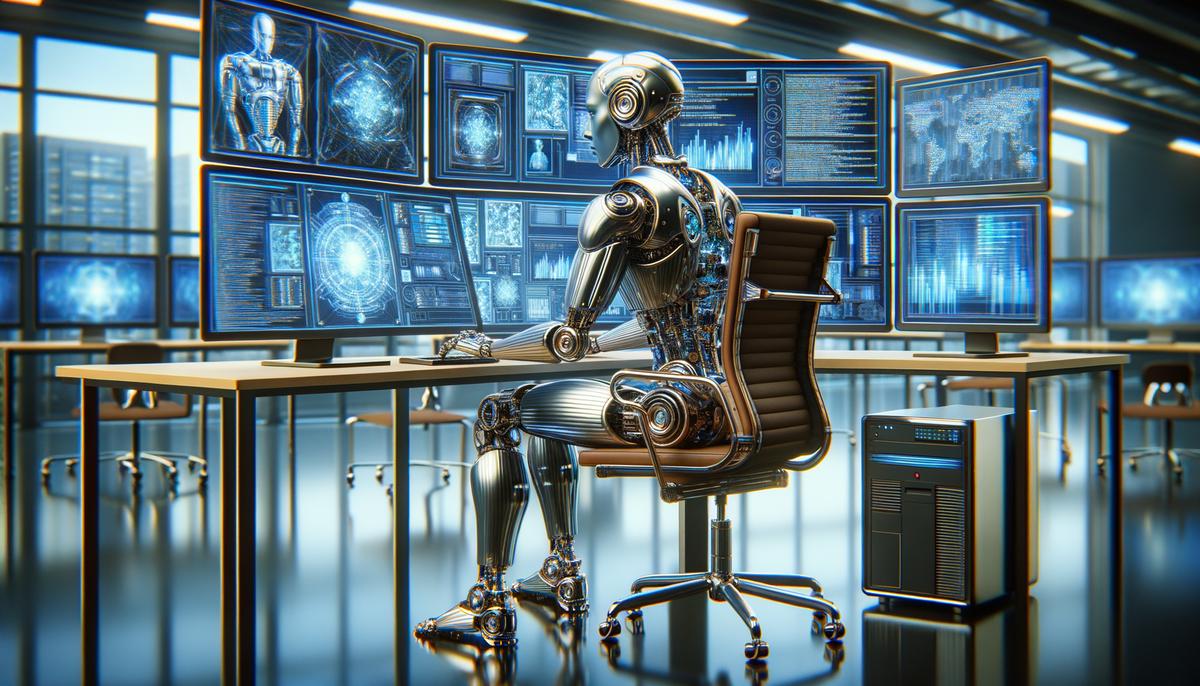Artificial Intelligence (AI) is swiftly changing the game in content creation, opening doors to new possibilities and reshaping how we think about generating and sharing ideas. As we embrace this evolving digital era, AI’s contribution to creativity, efficiency, and personalization in content creation is undeniably significant. This exploration will shed light on how AI-driven tools not only assist but also enhance the art of content creation, promising a future where creativity knows no bounds.
Understanding AI in Content Creation
AI’s Role in Content Creation: Revolutionizing How We Generate Ideas
In today’s fast-paced digital world, AI (Artificial Intelligence) isn’t just a buzzword—it’s transforming how we create content. From blog posts and social media updates to video scripts, AI is stepping in, making the process quicker, more innovative, and sometimes, even smarter. Let’s dive into how AI is changing the game for content creators everywhere.
Automating the Mundane
First off, AI is a superhero when it comes to tackling repetitive tasks. Think about generating basic news summaries, crafting product descriptions, or even creating those SEO-friendly meta-tags. It’s like having an invisible assistant who speeds up the process, letting creators focus on adding that personal touch AI can’t replicate—yet.
Sparking Creativity
Now, let’s talk creativity. AI tools, armed with learning algorithms, can suggest content ideas you might not have considered. Ever hit a creative block? AI is like that friend who’s always full of suggestions, only it’s drawing from an enormous database of trends, patterns, and previous success stories. It’s not just about getting a suggestion; it’s about getting one that’s tailored just for your audience.
Enhancing Personalization
Personalization is the name of the game in content creation today. AI can analyze data on your target audience, learn their preferences, behaviors, and even their browsing patterns. What you get is content so spot-on; your audience feels like it’s crafted just for them. From personalized email campaigns to product recommendations, AI’s insights ensure that your content strikes a chord every single time.
Optimizing for Search Engines
SEO can’t be overlooked, and here’s where AI truly shines. It can not only suggest keywords but also help craft content optimized for search engines right off the bat. Imagine knowing the best keywords, the ideal content length, and even the structure that’s likely to rank higher. AI tools give content creators a roadmap to success in the crowded digital highway of information.
Streamlining Video Content
Video content is king, but creating it can be a royal pain. Enter AI-based tools that can help script videos, suggest edits, or even create short video clips. Some AI platforms take raw footage and edit it into engaging content, saving you hours of learning complex editing software.
Chatbots and Interactive Content
Lastly, AI isn’t just behind the scenes—it’s front and center, interacting with your audience. Chatbots, driven by AI, can answer queries, provide information, and guide users through your content, making for a dynamic and engaging experience. It’s like having a tireless team member who’s always ready to help your audience.
AI’s role in content creation is multifaced, offering tools for automation, creativity, personalization, optimization, and engagement. Essentially, it’s about amplifying human potential, not replacing it. Content creators can harness AI to eliminate the grunt work, dive deeper into their audience’s desires, and present ideas in new, compelling formats. The future of content creation isn’t AI vs. humans; it’s about how humans smartly leverage AI to enrich storytelling and connect more profoundly with their audience. So, ready to partner with AI in your next content creation adventure? The journey is just beginning!

The Impact of AI on the Content Creation Industry
As the digital landscape continuously evolves, Artificial Intelligence (AI) is revolutionizing the way we approach content creation, taking it to extraordinary new heights. One of the most notable advancements is the creation of dynamic and immersive content. AI possesses the incredible ability to analyze vast amounts of data to generate content that’s not only relevant but also deeply engaging and interactive. This means creators can produce articles, posts, or videos that resonate with viewers on a personal level, capturing their attention and fostering a stronger connection.
Another groundbreaking aspect of AI in content creation is in the realm of data-driven decision-making. Creators have traditionally relied on instinct or fragmented data to decide what content to produce next. However, AI changes the game by offering detailed insights into audience preferences, behaviors, and trends. This empowers creators to make informed decisions, crafting content strategies that are more likely to succeed because they’re backed by solid evidence, not just gut feeling.
AI also paves the way for more efficient distribution strategies. With algorithms capable of analyzing where, when, and how content should be shared for maximum impact, creators can ensure their work reaches the right audience at the right time. This optimization can significantly increase visibility and engagement, making the content creation process not just about production but also about strategic dissemination.
In the realm of language and translation, AI is a game-changer. For creators aiming to reach a global audience, AI-driven translation tools ensure content is accessible to people across different linguistic backgrounds. This inclusivity broadens the audience base and allows content to resonate on a global scale. Furthermore, AI tools can adapt content to reflect cultural nuances, ensuring it’s not just understandable but also relatable to viewers worldwide.
Lastly, AI contributes to the sustainability of content creation. As creators strive to keep up with the relentless demand for fresh, compelling content, burnout becomes a real threat. AI helps alleviate this by automating repetitive tasks and generating content suggestions, giving creators the breathing room to maintain their productivity without sacrificing their well-being. This aspect of AI is crucial in fostering a content creation ecosystem that’s not only innovative and efficient but also humane and sustainable.
In conclusion, AI is not just reshaping the content creation landscape; it’s setting the stage for a new era where creativity is boundless, strategies are data-driven, and content is universally accessible and engaging. As we navigate this exciting terrain, it’s clear that the future of content creation lies in the harmonious blend of human creativity and AI’s analytical prowess. Together, they unlock endless possibilities for telling stories that captivate and connect with audiences around the globe.

AI-Generated vs Human-Created Content
In the bustling world of content creation, the buzz around Artificial Intelligence (AI) has been louder than ever. But the million-dollar question remains: Can AI truly match the human touch in content creation? Let’s dive deep into this intriguing topic, shall we?
First off, it’s essential to recognize that AI, with its algorithms and data-crunching capabilities, has indeed revolutionized the content landscape. From drafting basic news articles to generating creative story ideas, AI’s prowess cannot be underestimated. Yet, when it comes to capturing the essence of human emotions and experiences, can AI hold its ground?
One area where AI seems to be making strides is in empathy and emotional intelligence simulations. Developers are tirelessly working on algorithms that can interpret and replicate human emotions in written content. However, decoding the complexity of human feelings is no easy feat. The subtlety of sarcasm, humor, and empathy often gets lost in translation when left to AI alone. After all, there’s a certain warmth and depth to human-written content that resonates on a personal level, something AI is still chasing.
Moreover, context understanding is where the human touch truly shines. Humans can effortlessly weave nuances of culture, societal norms, and current events into their narratives, ensuring content is relevant and engaging. AI, on the other hand, might struggle to grasp the full context, occasionally leading to content that feels out of touch or tone-deaf.
Creativity is another dominion where humans hold the ace. AI can generate content, no doubt, but the spark of originality, the ability to think outside the box, and the personal experiences that shape creative decisions are uniquely human traits. While AI can aid in brainstorming sessions, the inception of groundbreaking ideas still lies within the human realm.
Interaction with readers is yet another aspect that emphasizes the indispensability of the human element. Personal responses to comments, engaging in meaningful conversations, and building a community around content are nuanced tasks that require genuine human interest and empathy, something AI cannot authentically offer yet.
Furthermore, ethical considerations and moral judgment in content creation are pivotal. Human creators can navigate these sensitive areas with tact and consideration, understanding the broader impact of their content. AI, lacking in moral compass and ethical reasoning, may inadvertently cross lines or promote content that could be deemed objectionable or harmful.
So, where does this leave us in the debate of AI versus the human touch in content creation?
It’s clear that while AI has made impressive advancements and serves as an invaluable tool for creators, it’s not quite ready to replace the human touch fully. The nuanced understanding of human emotions, cultural contexts, ethical considerations, and the spark of creativity are realms where humans excel. The future of content creation likely lies in a harmonious synergy where AI enhances and streamlines the creative process, but humans steer the ship, infusing content with the depth, empathy, and creativity that only the human touch can provide.
In the ever-evolving landscape of content creation, both AI and humans have crucial roles to play. By leveraging the best of both worlds, the aim should not be to replace but to amplify the human potential, ensuring content creation continues to be as vibrant, engaging, and impactful as ever. So, while AI might currently not match the human touch in every aspect of content creation, it certainly paves the way for a future where humans and machines collaborate to push the boundaries of creativity and storytelling.

Ethical Considerations and Challenges
As we journey further into the intersection of AI and content creation, a Pandora’s box of ethical dilemmas swings wide open. At the heart of this technological revolution, questions about morality, authenticity, and equity in AI-generated content demand our attention. Dive deep with me as we unwrap these complex issues, peering into the nuanced dynamics of this futuristic collaboration.
AI and the Ghostwriting Dilemma
Imagine reading a captivating article, only to discover it was penned by an AI. How would that make you feel? This scenario encapsulates the ghostwriting dilemma where AI-generated content masquerades as human work. The question of transparency arises: should content created by AI be clearly labeled? The ethical quandary here nudges us to consider the value we place on human authenticity versus the efficiency of AI.
Originality in the Age of Algorithms
AI’s capability to churn out content based on existing data leads us to the slippery slope of originality. How much of what AI produces can we truly call ‘new’? This blurring line between inspiration and replication introduces ethical concerns about intellectual property rights and the potential for unintentional plagiarism. It prompts a dialogue about respecting the sanctity of original ideas in our increasingly automated world.
The Equity Equation
Accessibility to AI technology isn’t uniform across the board, creating a digital divide that could amplify existing inequalities. The ethical dilemma here revolves around who gets to harness the power of AI for content creation. There’s a looming risk that only those with resources to access cutting-edge AI tools might dominate the digital narrative landscape, potentially sidelining voices from less privileged backgrounds.
AI and Employment: A Balancing Act
The introduction of AI in content creation inevitably leads to fears about job displacement. While AI can liberate humans from mundane tasks, the shadow of unemployment looms large for those whose roles may be automated. The ethical challenge lies in finding a balance: how do we leverage AI’s benefits while safeguarding employment opportunities? Ensuring that AI acts as a collaborator, rather than a replacement, is crucial in addressing this dilemma.
The Authenticity Conundrum
In a world where AI can generate news articles or blog posts, discerning the truth becomes trickier. AI’s capacity to produce content that mimics genuine human experiences without ever having lived them raises concerns over authenticity. This ethical quandary asks us to reflect on the importance of personal experience and genuine emotion in the content we consume and create.
Navigating Ethical Waters
As we wade through these ethical dilemmas, the need for a navigational compass becomes apparent. Establishing guidelines that honor transparency, originality, equity, and authenticity in AI-generated content is essential. By fostering an environment of ethical awareness, we can ensure that the journey into AI-assisted content creation is both innovative and integrity-filled.
The unfolding chapter of AI in content creation is fraught with ethical challenges. Yet, within these challenges lies an opportunity to redefine the landscape of digital content. By engaging with these dilemmas head-on, we embark on a path that respects human creativity, promotes fairness, and embraces the transformative potential of AI, all while staying grounded in ethical principles. Together, humans and AI can chart a course towards a future where technology amplifies, rather than suppresses, the richness of human expression.

The Future of AI in Content Creation
As we pivot towards the future, it’s clear that AI content creation is not just a passing trend but a formidable force transforming the landscape of digital expression and communication. With technology rapidly advancing, the possibilities seem boundless, hinting at a world where AI does more than just assist – it innovates alongside humans.
One fascinating frontier is the advancement of storytelling through AI. Imagine AI systems that can weave intricate tales, drawing from the vast expanse of literature, folklore, and current events. These narratives could be tailored to individual preferences, creating a deeply personal reading experience. However, the magic isn’t in replacing human authors but enriching their stories with diverse, globally-sourced elements and perspectives that might have been beyond their reach.
The realm of educational content is another area ripe for revolution. AI could customize learning materials in real-time, adapting to the learner’s pace, style, and interests. This level of personalization could usher in a new era of education, making learning more engaging, effective, and fun. Picture a history lesson that evolves into an interactive saga, where students don’t just read about historical events but participate in immersive simulations, guided by AI.
Moreover, the integration of virtual and augmented reality with AI content creation promises to transform how we experience the world. Virtual tours of ancient ruins, immersive art exhibitions, and even dynamic reconstructions of historical events could become commonplace, all powered by AI’s ability to generate content that’s both informative and engaging.
The potential for AI in content creation extends to emotional intelligence and empathy. Future developments may see AI capable of understanding and emulating a broader spectrum of human emotions, enabling it to create content that resonates on a deeper level. While today’s AI may struggle with nuances like sarcasm and irony, ongoing advancements could see more sophisticated interpretations and expressions of complex human sentiments.
However, as we navigate this exciting future, the ethical landscape surrounding AI content creation becomes increasingly important. The issue of copyright and intellectual property, for example, comes into sharp focus when AI can generate content that mirrors or even surpasses human creativity. Maintaining transparency about AI’s role in content creation and ensuring fair compensation and recognition for human creators will be vital.
Equally crucial is addressing the digital divide. As AI content creation tools become more sophisticated, ensuring equitable access to these technologies becomes imperative. Bridging this gap means empowering creators from all backgrounds to harness AI, fostering a diverse and inclusive content landscape.
In conclusion, the future of AI content creation is not just about automation or efficiency. It’s about embracing AI as a partner in the creative process, leveraging its capabilities to expand our horizons and enrich the tapestry of human expression. As we stand on the brink of this new era, the blend of human creativity and AI innovation promises a world bursting with potential, ready to unfold in stories, lessons, and experiences yet to be imagined. The journey ahead is as thrilling as it is uncertain, but one thing is clear: the fusion of human and artificial intelligence holds the key to unlocking unimaginable realms of content creation.

As we reflect on the transformative power of AI in content creation, it’s evident that the blend of human ingenuity and artificial intelligence is crafting a future full of innovation and diversity. This partnership between humans and technology is not just about making tasks easier; it’s about reimagining the limits of creativity and expression. By embracing AI as a creative ally, we stand on the cusp of a new era in content creation, one that promises to amplify our ideas and stories in ways we’re only beginning to imagine.






